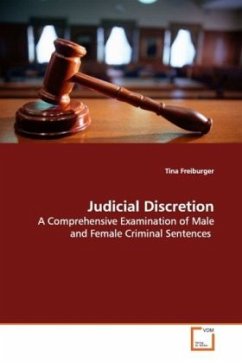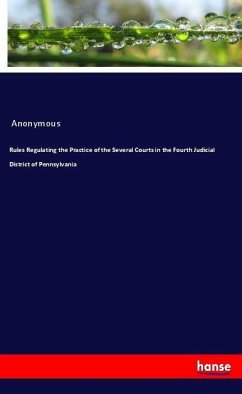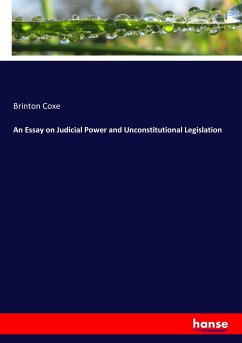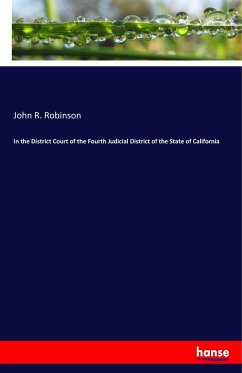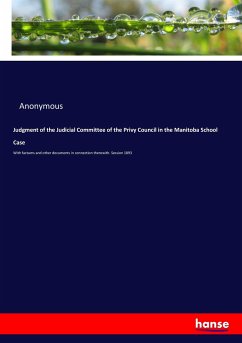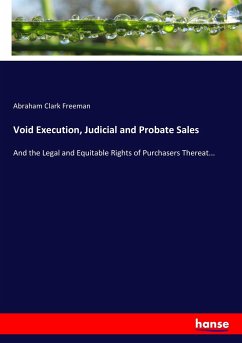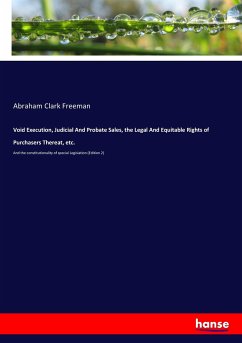A profuse body of research has been conducted
examining the influence of extralegal factors on
judges' sentencing decisions. Commonly found in
this body of literature, is the finding that gender
influences judges' decisions, with greater leniency
being granted to female than male defendants.
Theoretical explanations proposed my familial
paternalism, however, suggest that findings of
leniency for females may be overstated due to the
interaction of gender and familial status impacts.
While this argument has been supported in
qualitative research, few quantitative inquires have
been conducted. This book offers a comprehensive
examination of the impact of these variables on
sentencing and provides a quantitative examination
of family status and gender on the effect of family
variables. Interactions of these variables with
offense type and race also are examined. Through
this analysis, a more concise understandingof the
impact of gender is provided.
examining the influence of extralegal factors on
judges' sentencing decisions. Commonly found in
this body of literature, is the finding that gender
influences judges' decisions, with greater leniency
being granted to female than male defendants.
Theoretical explanations proposed my familial
paternalism, however, suggest that findings of
leniency for females may be overstated due to the
interaction of gender and familial status impacts.
While this argument has been supported in
qualitative research, few quantitative inquires have
been conducted. This book offers a comprehensive
examination of the impact of these variables on
sentencing and provides a quantitative examination
of family status and gender on the effect of family
variables. Interactions of these variables with
offense type and race also are examined. Through
this analysis, a more concise understandingof the
impact of gender is provided.

